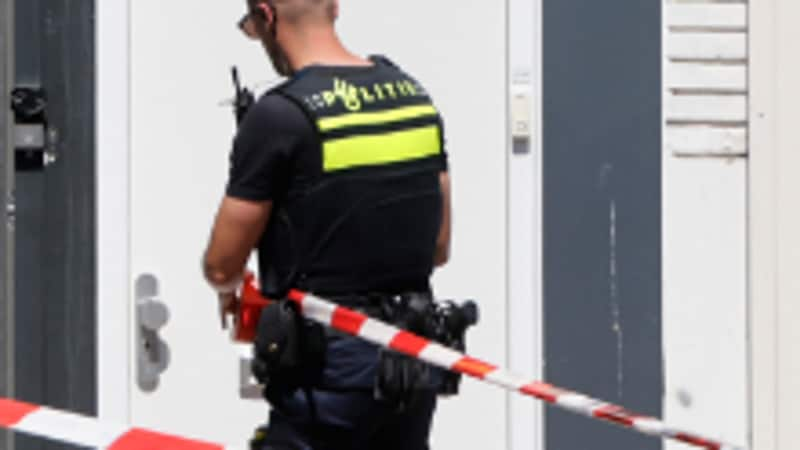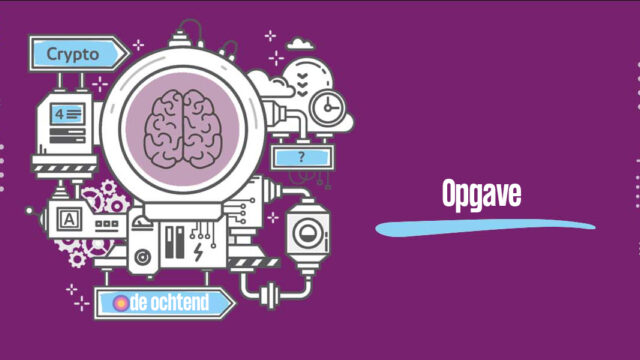Authorities in Utrecht have heightened their scrutiny of the jewelry sector due to recent findings linking local jewelers to potential money laundering and criminal activity. The growing concern not only affects local law enforcement but also raises questions about the overall integrity of the gold trade in the city.
Investigation into Jewelry Practices
In a significant crackdown this week, police executed an unexpected raid on a prominent jewelry store in Utrecht, seizing over 180,000 euros in cash and cryptocurrency. This action was prompted by the arrest of an individual who exchanged a substantial amount of cryptocurrency for cash at the establishment late last year, leading investigators to suspect that the jeweler may have been involved in laundering illicit funds.
Legal Obligations in the Gold Trade
Jewelry businesses, particularly those dealing in gold, have strict legal obligations aimed at preventing illegal activities. The law mandates that gold traders keep meticulous records of all purchases to aid in tracking potential money laundering. However, inspections revealed that the digital client ledger for the jeweler in question was inadequate, further complicating matters.
Impact on Community Safety
Burgemeester Dijksma expressed concerns regarding the risks posed by such operations, noting that cash-intensive businesses attract criminal elements and increase the likelihood of armed robberies. The mayor emphasized that the presence of large cash reserves in jewelry stores can jeopardize community safety, calling for decisive measures to address these vulnerabilities.
The Gold Sector’s Vulnerability
Research indicates that the gold market is particularly susceptible to criminal influences. Criminal organizations exploit jewelers to convert large sums of illicit cash into untraceable assets, such as gold. This bleak reality challenges local businesses and authorities alike, necessitating regular collaborative inspections by the municipality, police, and other specialty units to isolate and address these criminal networks.
Interconnected Criminal Activities
Money laundering rarely occurs in isolation. The networks engaging in these practices reflect a complex web of illegal activities, undermining legitimate businesses. Such actions not only affect fair competition but may also lead to tax evasion and other rule violations, thereby destabilizing the property market and putting individuals at risk of violence or harm.
Community Engagement in Crime Reporting
Civic engagement plays a crucial role in combatting crime. Authorities encourage residents and business owners to report suspicious activities that could lead to investigations. Tips can be shared with law enforcement via multiple channels, ensuring that community vigilance serves as a vital tool in maintaining local safety.
Conclusion
The recent developments in Utrecht reveal a pressing need for coordinated government action to protect local businesses from criminal interference. The police chief noted, “This investigation exemplifies how a comprehensive approach can effectively address criminal facilitators.” With ongoing collaborations, Utrecht aims to restore trust and security within its vibrant marketplace.


